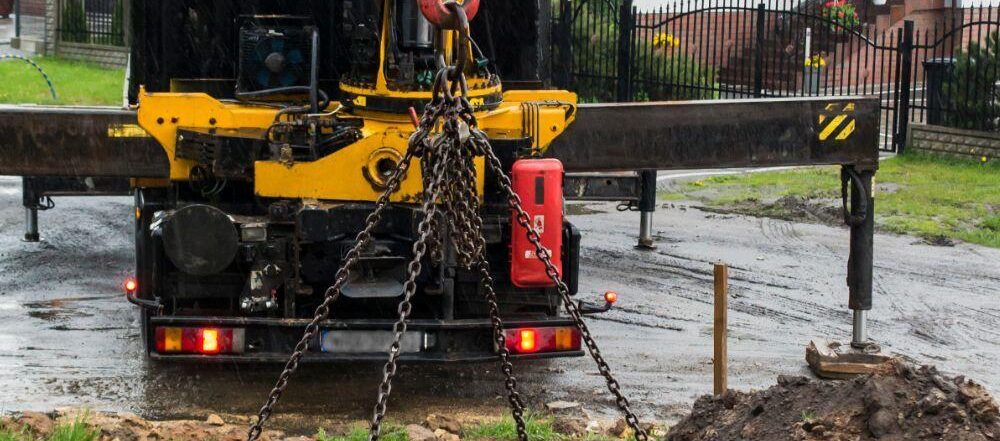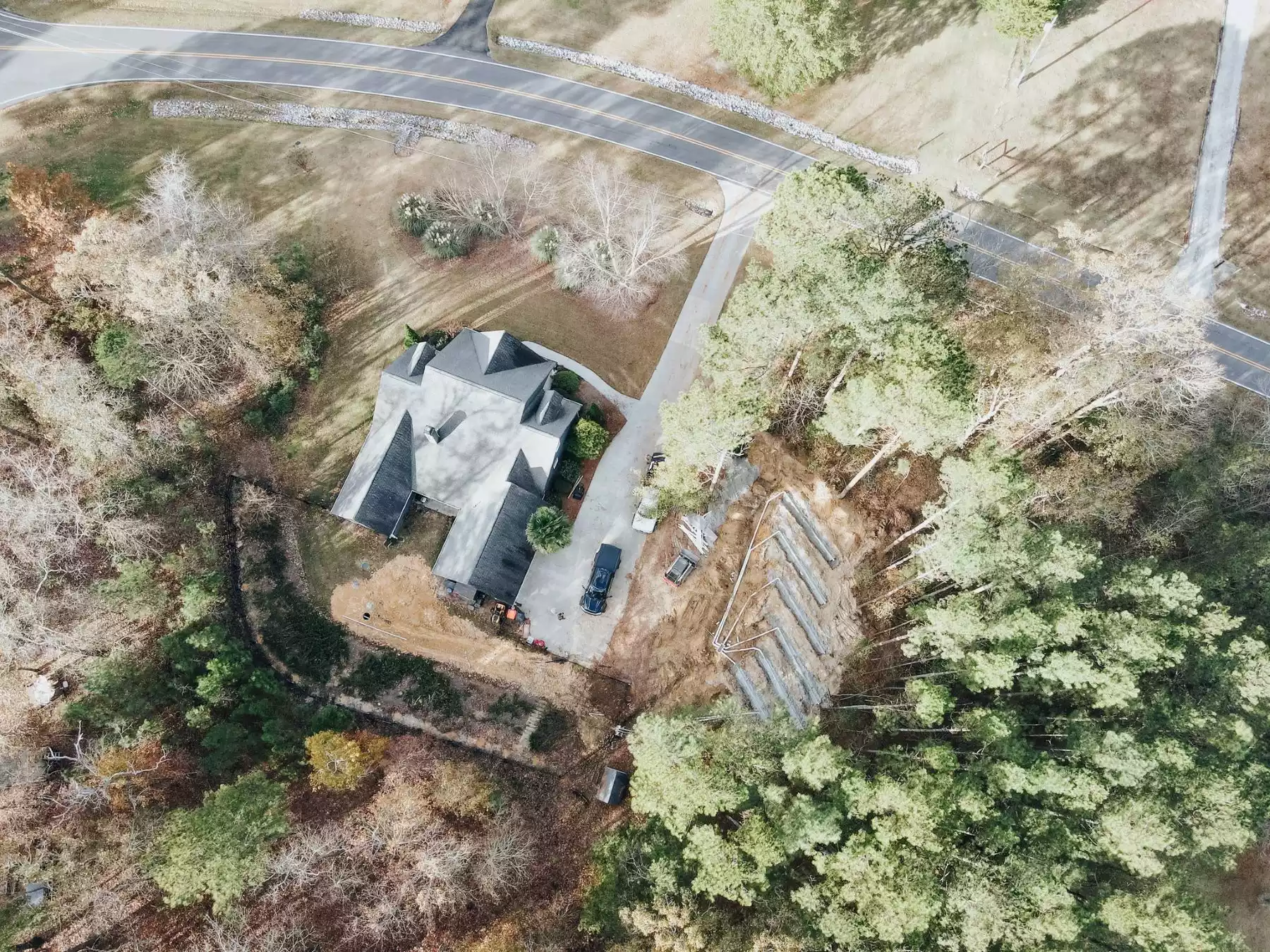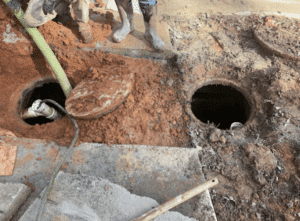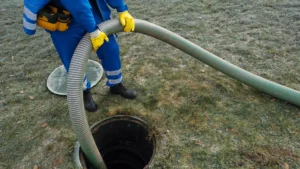
Snow, Ice, and… Septic Slush?
Now that winter is fast approaching, you’re likely wondering if and how your septic tank system will survive the colder months and frigid temperatures. As many of us know, winter is the time of year when we experience record lows, frozen water, icy grounds, and more. With all of this in play, it’s only natural to develop concerns about the safety and efficiency of your underground septic system. You may be asking yourself some of the following questions:
- “Will my septic tank freeze over?”
- “Is it safe to have maintenance done on my septic system when the seasons change?”
- “Can my septic sludge harden in the cold and clog my septic tank?”
- “What if animals burrow near my septic tank due to the decrease in temperature?”
- “Will a little leak ruin my septic tank this season?”
- And more!
While unfortunately, all of these worst-case scenarios are a very real possibility, Grump’s Pumps and Septic can help you avoid them with ease by simply winterizing your septic tank. Safeguard your septic tank system with us this season and read on for our best septic system winterization tips!
Septic System Winterization Made Easy
We know you’re not an expert on septic tanks, and we don’t expect you to be! That’s why we’re here: to lend a helping hand when you call and to offer expert advice on how to care for your septic tank when things get frosty. In this article, we’ll go over our top three tips for septic system winterization and arm you with the knowledge you need to feel confident as temperatures drop.
Tip Number One: Schedule A Septic Tank Inspection
While this one seems like a no-brainer, it’s often easily forgotten. Between the hustle and bustle of daily life, working, running errands, and tending to little ones, who has the time? We understand, and we’re here to remind you to simply set aside the time for a five to ten-minute phone call and let us handle the rest.
During your septic tank inspection, one of our local Grump’s Pumps and Septic specialists will:
- Ensure all septic tank components are in good working condition
- Check for cracks, leaks, or breaks in your tank and pipes
- Inspect your septic tank’s lid for any holes, signs of puncture, wear and tear, or weathering (this is especially important to prevent burrowing animals from entering your septic tank)
- Advise you on relevant follow-up procedures given our findings
- Offer recommendations for next steps
Tip Number Two: Winterize Your Pipes
With the winter comes the holiday season! If you and your family intend to travel and remain away from home for an extended period, be sure to winterize your system by completing the following actions to drain all of your septic tank’s pipes:
- Shut off your water main
- Open all of the taps and leave them open to ensure complete drainage
- Disconnect all appliance hoses (i.e. the dishwasher, washing machine, etc.)
- Reroute any dripping water from your furnace into a bucket so it isn’t flowing into your septic tank
- Empty your septic tank’s pressure
- Add a septic-safe antifreeze to your system
Tip Number Three: Insulate Your Drain Field
Frozen ground can and will damage your septic tank. That’s why it’s important to winterize your septic tank by insulating your drain field. This can be accomplished with nature’s best defense: grass! Simply allow your grass to grow a few inches taller around your septic system so that it can retain any snow and act as a barrier between the inclement weather and your septic tank!
Septic System Winterization With The Pros
With all of these tips in mind, be sure to contact your local experts here at Grump’s Pumps and Septic for all of your septic system winterization needs this season. If you have any questions or need professional assistance, we’re more than happy to help. Simply give us a call at 678-971-3683 and we’ll dispatch our technicians on your schedule!













